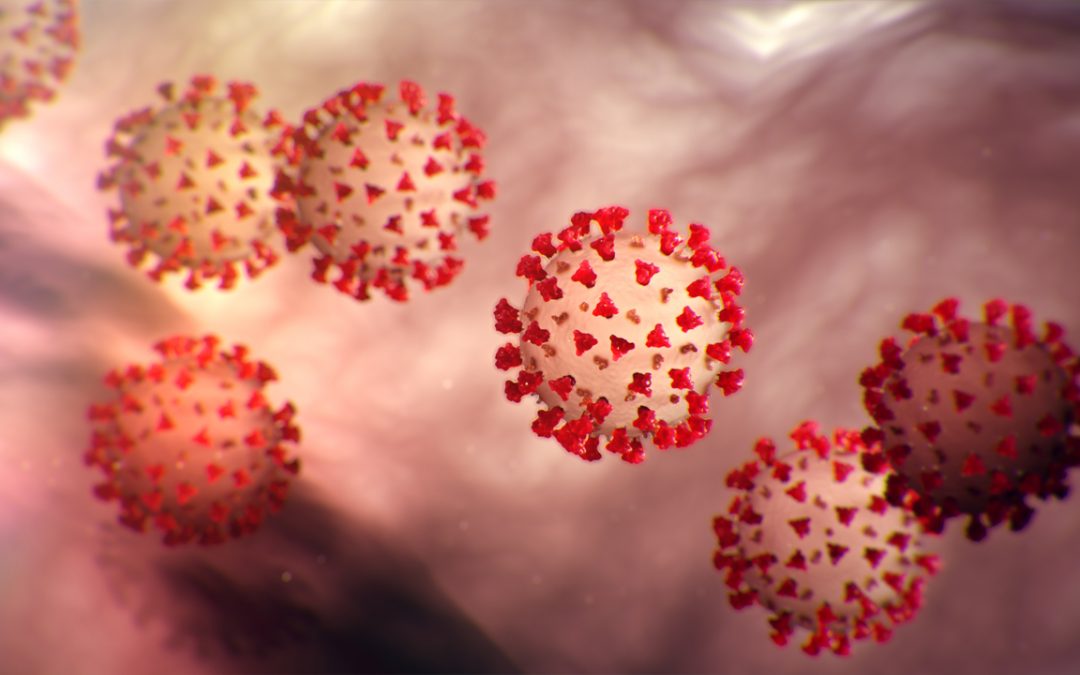Northern on-reserve First Nations appear to be under prepared to battle COVID-19.
These communities face challenges in several areas, including remoteness, medical protection supplies and overcrowded housing.
“If you have a case in the household of 15 people, there is a chance you could get additional cases in such homes,” said Dr. Nmamdi Ndubuka, a medical health officer with the Northern Inter-Tribal Health Authority. “It’s a journey. I wouldn’t say First Nations communities are prepared.”
Ndubuka said compounding the overcrowding issue is that most communities do not have the ability to self-isolate a confirmed case of the novel coronavirus in an identified shelter.
First Nations communities, which are facing such challenges, are establishing roadside check stops to ask motorists of their travel plans and asking visitors to observe proper handwashing procedures.
Others are closing borders, escorting outside vehicles, implementing curfews and other measures to help limit the spread of COVID-19.
Personal protective gear such as medical gowns, masks and latex gloves are in short supply.
“In the likely event that cases surge, it’s going to be a challenge, because we don’t want to put our health care workers at risk. We want to equip them with the right equipment to do their job,” explained Ndubuka.
As of April 8, approximately 15,600 tests for the coronavirus have been conducted province-wide; including 270 in the Far North, Ndubuka said there are gaps in testing in the Far North, as most municipalities are spread out.
He said there are enough testing kits for individuals, who meet the criteria, but that testing will ramp up, as more nurses will soon begin to take swabs.
Saskatchewan health officials have identified four positive coronavirus cases in the Far North, two are still active. Ndubuka said despite the challenges Northern First Nations face during this pandemic, they are doing their best with the supplies they have.
